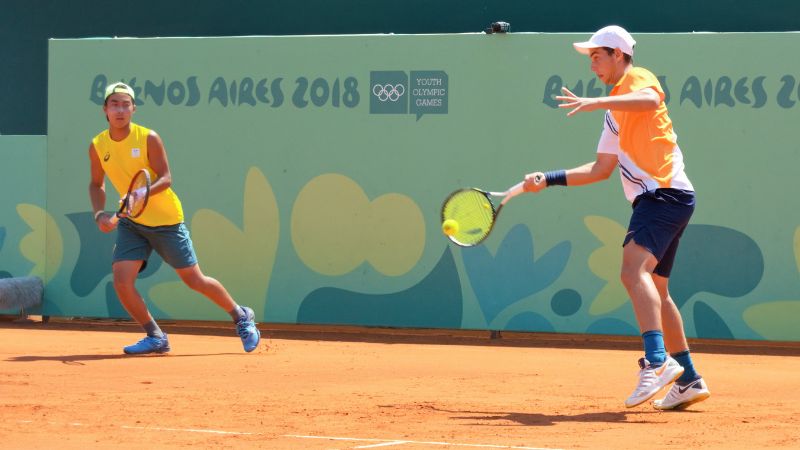Unlocking Potential: Parent Education is the Missing Link in Youth Sport

Oxford Brookes expert highlights vital role of parents in youth sport success
Every weekend across the UK, thousands of parents gather at the edges of pitches, courts and tracks, supporting their children in grassroots sport. But while the focus is often on young athletes and their coaches, there’s a growing recognition that the most important influence on a child’s sporting journey might be standing just outside the touchline - their parents.
In a recent podcast episode from Oxford Brookes Unscripted Podcast Series, Dr Sam Thrower, a Senior Lecturer in Sport and Exercise Psychology, explores how parents can play a powerful role in shaping children’s sporting experiences - for better or worse. Drawing on over 10 years of research, Sam argues that parents through their roles as provider, interpreter and role model, have a key influence on children’s participation, long-term development and performance in youth sport.
“Parents are a consistent presence in their children’s sporting lives, often more than the coach,” he explains. “So it’s vital that we offer them support and guidance, not just expect them to figure it out through a process of trial and error.”
Sam’s work focuses on helping parents develop what he calls “psychologically informed environments” - creating environments that help young athletes stay motivated and cope with the pressure and expectation of competition. This means helping parents understand how to communicate before, during and after competitions, how to manage performance anxiety (their child’s and their own), and how to foster motivation that doesn’t rely solely on results and social comparisons.
While many parents want the best for their children, the realities of competitive youth sport - early specialisation, high expectations, and the lure of professional pathways - can add pressure. Without support, parents may unintentionally contribute to stress and burnout, rather than enjoyment and long-term development.
“There’s no manual for parenting a young athlete,” Sam says. “But we know from the research that things like genuinely open communication, unconditional support, and reinforcing personal progress, improvement and effort over outcomes really matter.”
The episode highlights the need to move beyond the outdated image of the “pushy parent” and towards a more nuanced understanding of the parent’s role. In his own work, Sam has developed parent education programmes and resources in collaboration with sport organisations and national governing bodies. These aim to give parents tools to reflect on their behaviour, understand their child’s needs, and better navigate the highs and lows of youth sport.
In a time when children’s mental health and physical activity levels are both under pressure, investing in the adults around them could be one of the simplest ways to make sport a more positive space. “So much time, effort and money is invested in coach education pathways, but we rarely educate and support parents” says Sam. “That’s a missed opportunity.”
